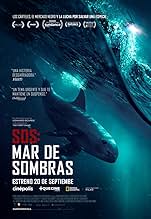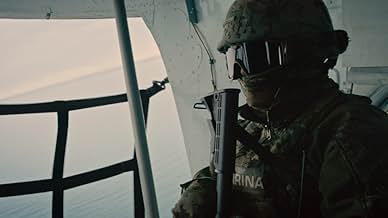Review of Sea of Shadows (2019)
The documentary Sea of Shadows, directed by Richard Ladkani and produced by Nat Geo, delves into the fight to save the vaquita, the world's smallest and most critically endangered whale, caught in the crossfire of a global environmental crime network. Set in Mexico's Gulf of California, the film unfolds like an ecological crime thriller, combining investigation, action, and gripping tension.
The vaquita, whose population has dwindled to fewer than a dozen individuals, has become a tragic bystander in the illegal totoaba fish trade. The totoaba's swim bladder is a coveted delicacy in traditional Chinese medicine, fueling a lucrative black market that links local poachers, Mexican cartels, and Chinese traffickers. This illegal activity not only threatens marine wildlife but also destroys the fragile ecosystem of the Sea of Cortez.
The documentary closely follows scientists, conservationists, investigative journalists, and military operatives as they work tirelessly to save the species on the brink of extinction. From undercover operations to maritime patrols, the team faces an uphill battle against poachers and powerful criminal networks. Often, Mexican authorities appear either unwilling or unable to act, leaving activists with the dangerous task of confronting violence and organized crime on their own.
With stunning visuals and a sharp narrative focus, Ladkani captures the severity of the crisis, exploring how greed and governmental neglect have pushed an iconic species to the edge. The film not only exposes the environmental devastation but also highlights the courage of those risking their lives to protect biodiversity.
Sea of Shadows is a powerful and urgent wake-up call that reveals the dark connections between environmental destruction and global crime networks. It underscores that the fight to save the vaquita is ultimately a fight for the planet's future.













